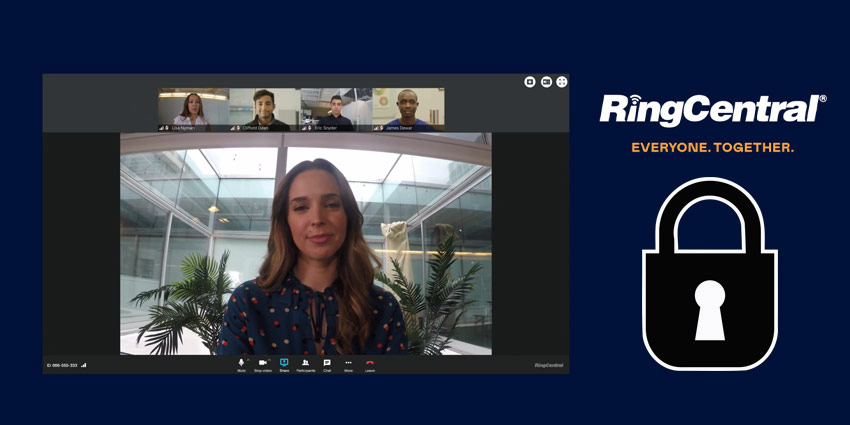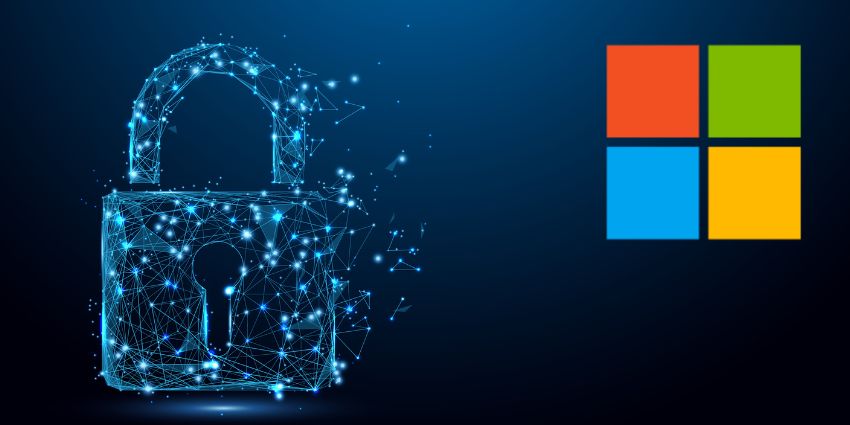In April 2020, the UK’s Office for National Statistics reported that 49.2% of adults in employment were working from home as a result of the social distancing measures introduced in response to the coronavirus pandemic. For many, the move will remain permanent with more people working for at least part of the time from their homes. This is borne out by research from the Chartered Institute of Personnel and Development (CIPD) which uncovered that employers expect the proportion of people working from home on a regular basis to rise from 18% before the pandemic to 37% when the crisis is over.

With the expectation that office working will change to see fewer numbers of people permanently in offices, the CIPD research also found that the proportion of staff who work from home all the time will rise from 9% before the pandemic to 22% once distancing ends. Much of the slack in terms of enabling workers to communicate and collaborate effectively from their homes has been taken up by video conferencing, either utilising firms’ existing unified communications and collaboration (UCC) platforms or relying on the now-widely recognised web platforms such as Zoom, Skype, Facebook Messenger, FaceTime and others.
For remote workers these tools have been vital enablers in keeping people economically active and enabling business to continue. However, some freemium tools have significant security weaknesses that make them unsuitable for professional communications. Stories of hacks have proliferated during lockdowns across the world. The unwanted disruptive interruption of video conferencing calls has been going on since March, to the extent that the specific experience has now become a verb. In fact, we’ve even seen the video conferencing-based court hearing of a high profile Twitter hacking case suffer such disruption that the judge was forced to postpone the proceedings.
Security threats to business communications are nothing new. After all, communications networks by definition connect people and are therefore open to being hacked by others. However, businesses must keep their communications secure in order to keep their customers, their employees and their intellectual property and other assets safe.
“We’ve seen how workers are routinely exposing the contents of their homes and talking openly about confidential business issues on insecure video conferencing calls,” said Sunny Dhami, Senior Director of Product Marketing for RingCentral EMEA.
“These are risks that businesses can’t afford to take. All organisations must do their due diligence when selecting their communications providers”
As a leading cloud service provider, RingCentral offers seven layers of security, including the physical, infrastructure and data security of the platform. “At a time when data is so valuable, and can even be weaponised, communications security and reliability is paramount,” says Dhami. “That’s why we take such pains to put multiple layers in place and seek out independent evaluation.”
To prevent interception of customer communications, RingCentral provides Transport Layer Security (TLS) and Secure Real-Time Transport Protocol (SRTP) encryption between all endpoints and the company can offer a range of security tools and capabilities.
These include firewalls and session border controllers to protect the network and applications, multiple authentication levels to secure administrative functions, intrusion detection systems and fraud analytics to safeguard technology resources, and monitoring, system hardening and vulnerability scans to protect operational functions.
The on-premises communications stack is all but extinct, and that means relying on cloud vendors to maintain communications security. This issue isn’t going away. When migrating your communications platform to the cloud, make sure you choose a vendor with the highest levels of security in place.
More:
RingCentral Video Review: Remote Meetings Made Easy







